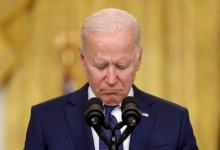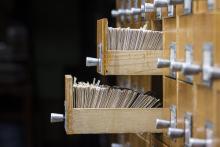book of isaiah

If the United States is to take up any metaphoric role in this period of Israel’s history represented in Isaiah 6, we are the Assyrians, content to blast our way into any country we like, leaving wreckage and destruction in our wake. Like the Assyrians, my country shows no concern for how its vengeance turns the lives of ordinary people to ash.

THE BOOK of Isaiah believes profoundly that God’s promises will prevail in, with, and through geopolitical reality. Note what an “unreal” long shot such a conviction is. I submit that only such a conviction can energize and authorize peacemaking. For without such a passion and certitude, we will soon or late succumb to realpolitik. Thus the root of peacemaking is a theological possibility and not a socioeconomic possibility. That is, the chance for peace rests in the trustworthiness of God and the issue of God keeping faith with God’s promises.
The text that authorizes this odd, subversive conviction has two features that are worth our noting. First, the text is poetry. It is not an argument about policy, but daring, inventive impressionistic rhetoric. Second, the text is poetry on the lips of God as a promise from God. That is, the speech of God is a beginning point for newness. The text, and every use of the text, is a political act as daring and as outrageous as was Martin Luther King Jr. when he said, “I have a dream.”
Peace is a dream that is uttered first on the lips of God, a dream that speaks against all settled political reality, an act of imagination from the throne of heaven in which we are invited to participate.
This article originally appeared in the May 1991 issue of Sojourners. Read the full article in the archives.

After services as a boy growing up in Minnesota, I can still recall my father’s reflections as I sat uncomfortably in my powder-blue polyester suit in the back seat of our rusting family car. We were trying to escape the synagogue parking lot with all the other congregants rushing toward the exits.
Having just spent the morning reflecting, beating our chests, repenting, and listening to the rabbi talk about various themes of forgiveness, my father observed that we hadn’t even left the parking lot and people were honking at each other, shaking their fists angrily and cutting each other off.
“How quickly we forget,” he would say to no one in particular.
“We can’t even make it to the road and we are already treating each other poorly again. Where are these people going that they are in such a hurry? Selfishness and entitlement are such fast-growing weeds.”
I have come to realize my father was a bit of a blue-collar sage, and perhaps that’s why the words of the prophet Isaiah have always resonated so deeply for me.